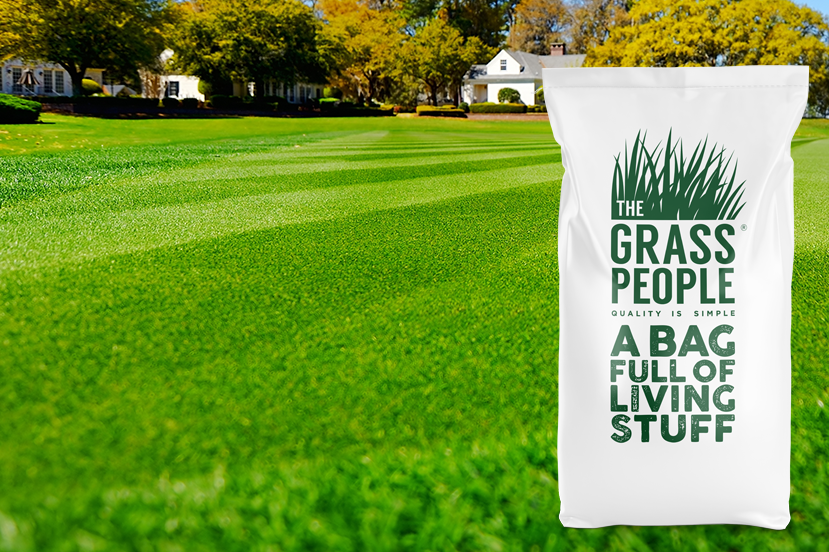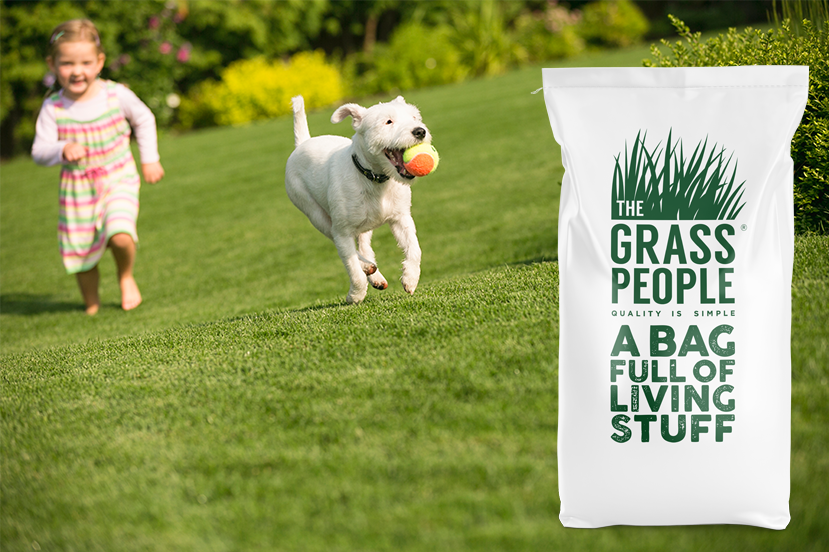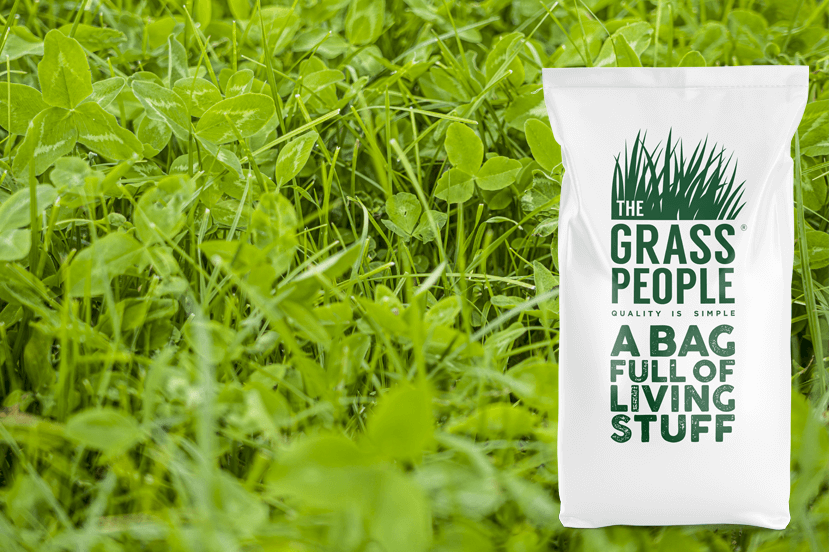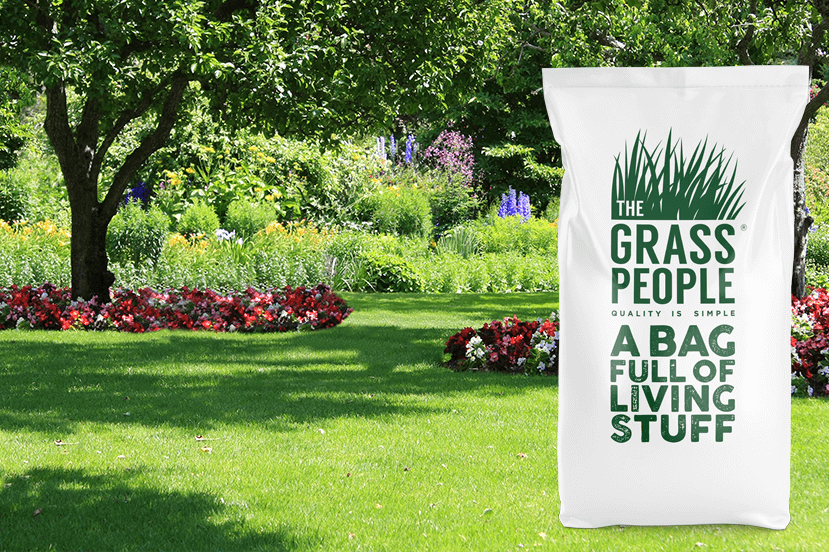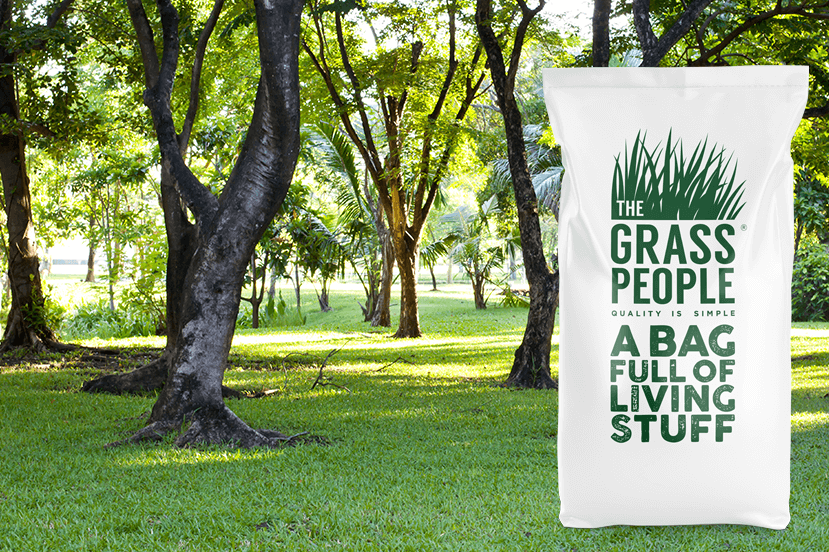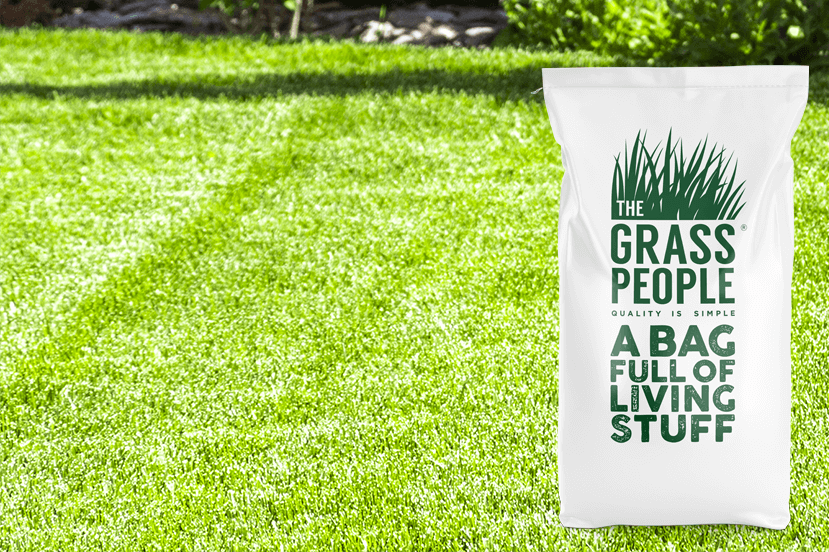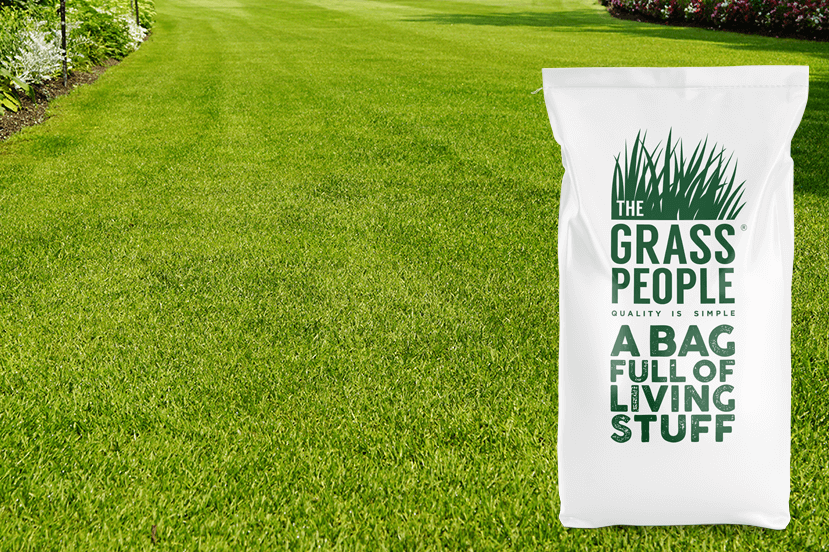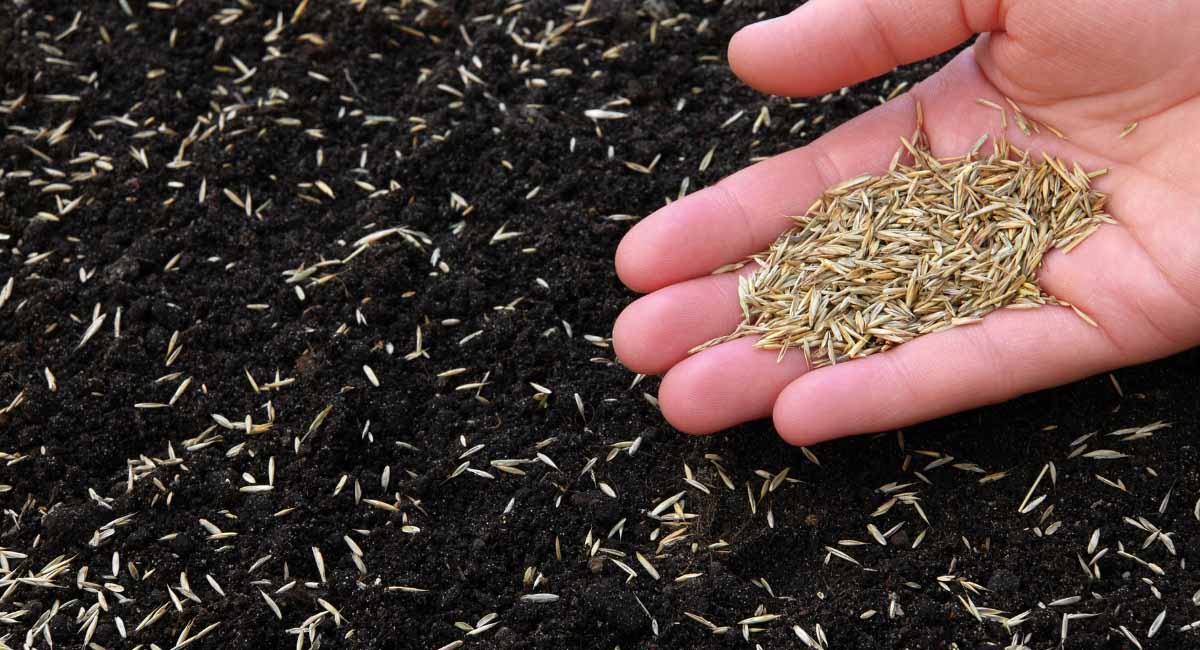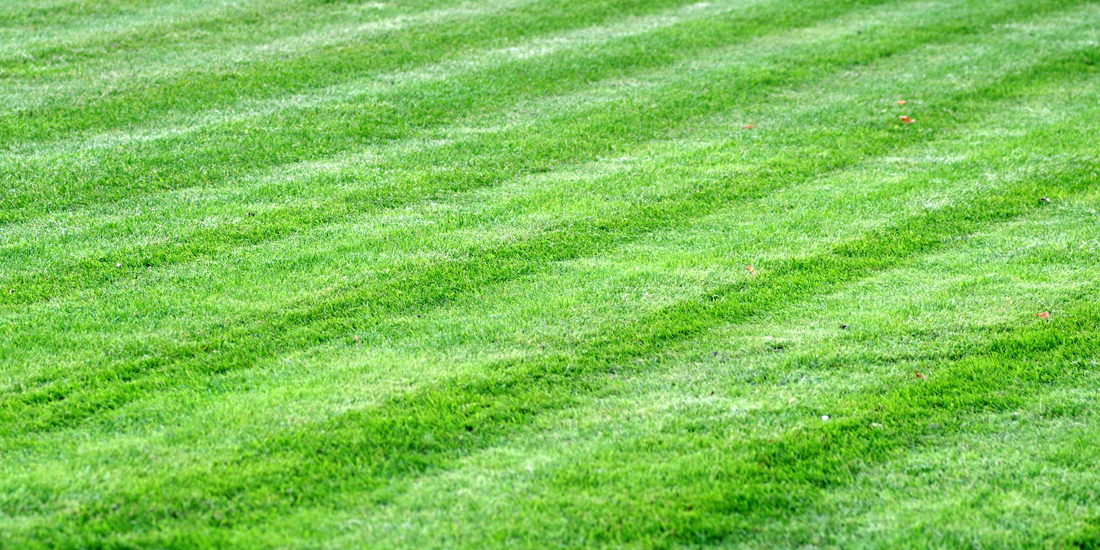How long does grass seed take to grow
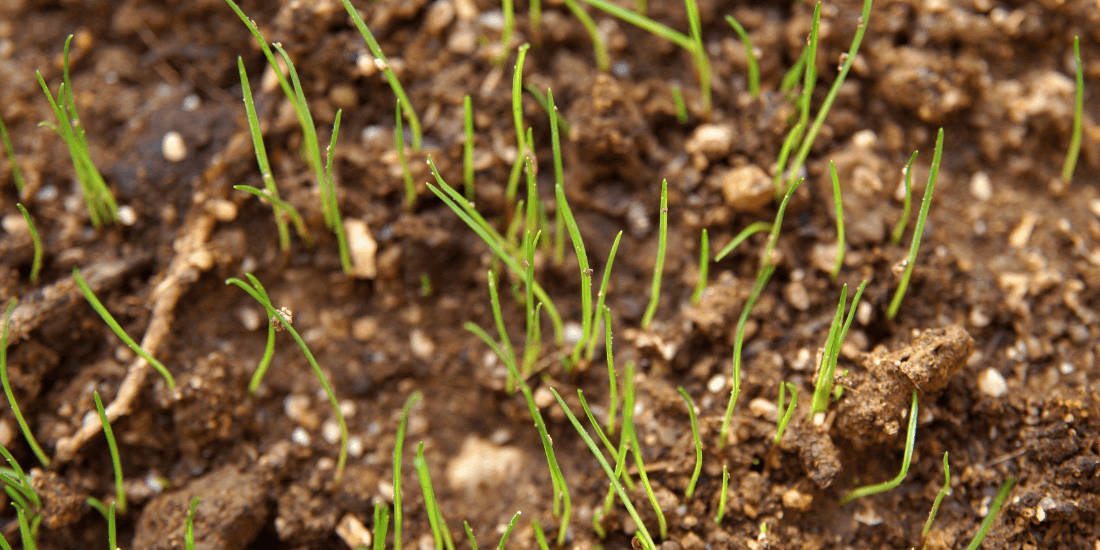
The preparation work is done, and your new grass seeds have been sown - you've taken time selecting the right seeds, prepared your seedbed to perfection and scattered the seeds following our guidelines. Now, the burning question – how long does grass seed take to grow?
Generally, grass seed takes around ten days to grow after sowing and will be fully established and ready for use roughly 6-8 weeks after initially sowing. However, this relies on a number of factors falling into place. Most importantly, the right conditions are needed at the time of sowing and just after.
Ideal conditions for grass seed growth
In order for grass to grow, it will need heat, air and water. The perfect combination of all three will normally result in a quick and successful germination to get your grass growing in no time:
• Heat
We recommend waiting until temperatures reach at least 8-10 degrees consistently for two weeks before you start sowing grass seed. Typically, this will start to happen in March in the UK.
It is always worth checking with your weather app before sowing, as some areas in the UK won’t reach these temperatures until April, while some locations in the southern part of England will experience these much sooner in the year.
The optimal time for sowing a new lawn is normally in spring or autumn in the UK. While you can sow your seeds in summer, the temperatures can sometimes peak and cause heat damage to your seeds, or you may experience drought, which will also halt the germination process.
• Water
Watering your lawn is an essential part of the germination process for your grass seeds. Without it, the process will slow down significantly, and in the worst cases, it may stop completely!
Having a consistent supply of water on your soil bed will allow the seed to absorb the moisture and expand their cells, which will encourage them to sprout. Normally in the UK, rain is a frequent occurrence, so the watering side of things is usually taken care of after sowing.
It is worth mentioning that if there is little to no rain, you should water your grass seeds yourself. As with most things, everything is in moderation, so if heavy rainfall is forecast, don’t mistake this for an ideal time to sow, as too much water may only cause flooding and damage to your seeds.
• Air
In order for the seeds to sprout, they will need air. This might seem like an obvious thing to point out, but while there is air surrounding us at all times, during periods of extreme heat, this can become hot and dry and may damage the seeds.
An adequate level of air will allow the roots to breathe and grow successfully. By allowing air to reach the soil, the grass roots will take in oxygen and remove carbon dioxide in the process. Without that, carbon dioxide can enter the soil and restrict seed growth and limit the intake of water and other beneficial nutrients.
Aerating your lawn is a good way to help your lawn breathe and is recommended if you have dry, cracked, or flooded clay soils.
If the above conditions are favourable, you should start to see growth within ten days of sowing and achieve a fully established lawn 6-8 weeks later. If water, air or heat is restricted it may slow down the process of germination.
Variations in grass seed types
While most grass seed types will follow the usual 10 day germination period in ideal conditions, there are specialist grass seed types, like our shade mixes that contain fescues which require temperatures of around 15 degrees and above to germinate.
To learn more about how long grass seeds take to grow and how to care for your grass once it has been fully established, visit our grass seed help and advice page.
